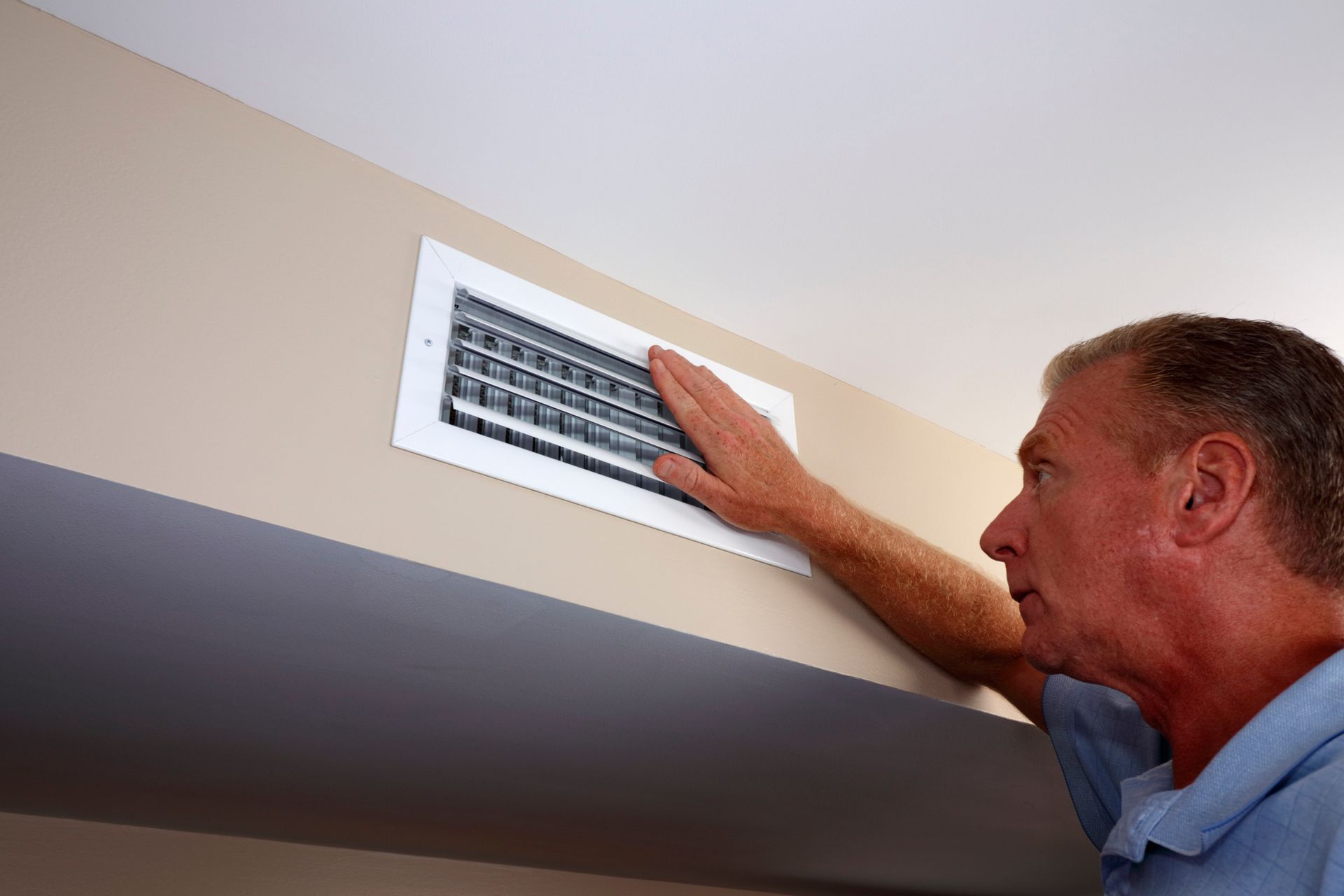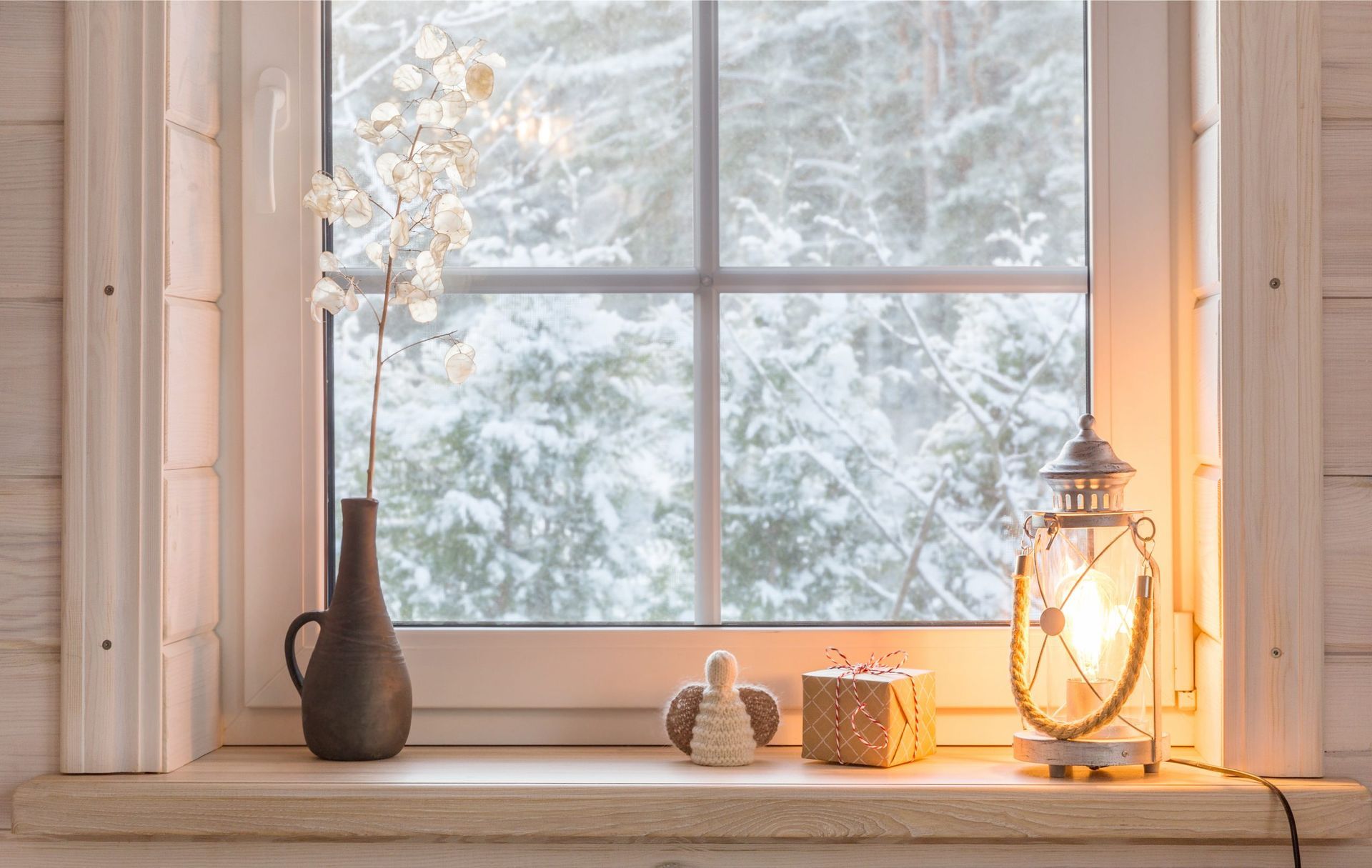How Indoor Air Quality Impacts Your Family’s Health
February 19, 2019

Humans inhale 11,000 to 15,000 liters of air per day. Most families spend more time in their home than anywhere else. Without proper ventilation, your indoor air could hold gases, chemicals, or other pollutants that can cause headaches, eye and skin irritation, allergies, asthma attacks, fatigue, and even cancer or long-term health complications. What’s even scarier? Ninety-eight percent of all airborne particles are below one micron (1/25,000 inch) in size and invisible to the naked eye.
Imagine a toxic soup of pollutants constantly re-circulated throughout your home, through your respiratory system, and into your bloodstream.
The most obvious pollutants are secondhand smoke, radon, and carbon monoxide, but harmful airborne particles could come from any of the following:
- Gas, oil, kerosene, or wood stoves and fireplaces.
- Building materials like insulation, carpet, cabinetry, and pressed wood products.
- Personal care products and household chemicals like cleaning solutions, glues, and pastes.
- Pesticides, pollen, pet dander, hair, or other fibers.
- Dust mites, molds, and bacteria.
Children are more susceptible to all these things because their bodies are still developing. They breathe more air and eat more food in relation to their body weight than adults do. Properly maintained indoor air quality is especially important for people with asthma, allergies, chemical sensitivities, respiratory diseases, suppressed immune systems, or contact lenses. Here are some basic tips to make sure your home has clean, fresh air free of pollutants:
- Invest in a whole house humidifier or a smaller unit. The Mayo Clinic recommends you keep your home between 30 and 50 percent humidity.
- Make sure all vents are clear of obstructions and working properly.
- Have your ducts cleaned and change your furnace filter regularly (check it once a month).
- Buy a houseplant like a peace lily, dracaena, or garden mum to act as an air purifier.
- Use an exhaust fan when cooking, running the dishwasher, or bathing.
- Make sure gas stoves are well ventilated.
- Avoid smoking.
- Use craft supplies in well-vented areas.
- Minimize clutter.
- Remove carpeting if possible.
- Don’t wear outdoor shoes around the house.
- Keep the trash covered.
- Test your home for radon and use carbon monoxide detectors.
- Fix water leaks.
- Dust surfaces.
- Vacuum frequently, and open windows when you do.
- Wash bedding weekly.
- Keep a lid on scented candles when not in use.
WestAIR Heating & Cooling wants to help you live a healthier life with safe indoor air quality. We offer air exchangers, air cleaners, whole house humidifiers, replacement filters, and more to equip your HVAC system against contaminants. We also provide duct cleaning service so you can rest assured your air has clean, unobstructed passage throughout your home. Contact us to learn more.
Search Blog Posts
Categories



